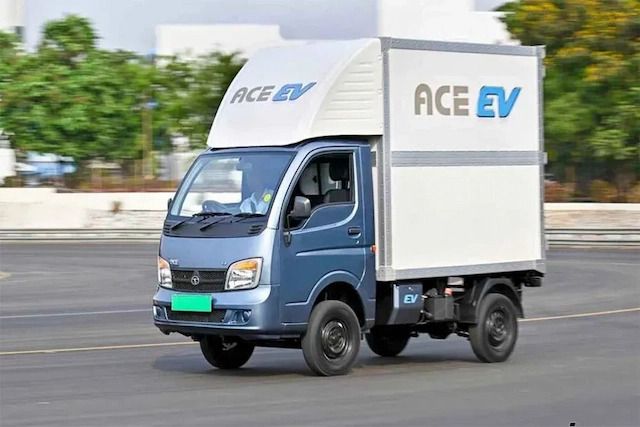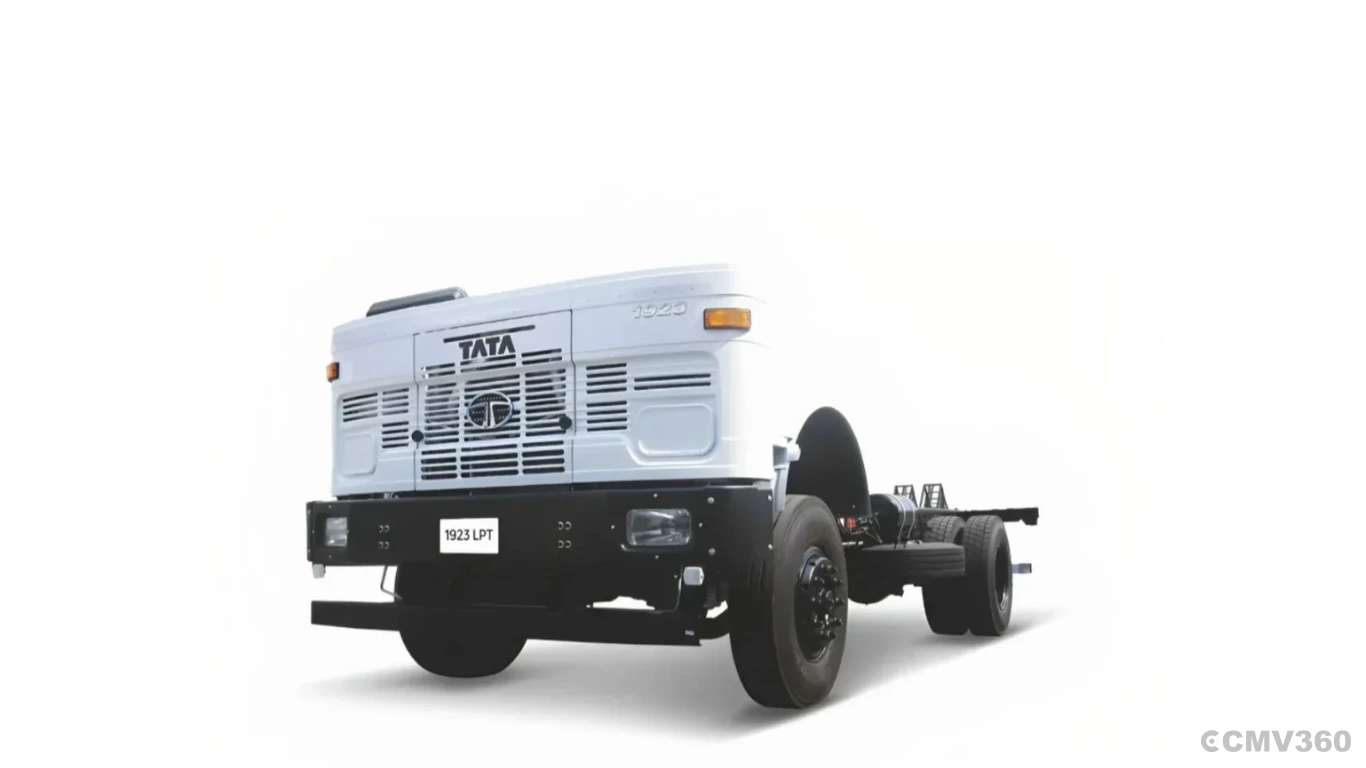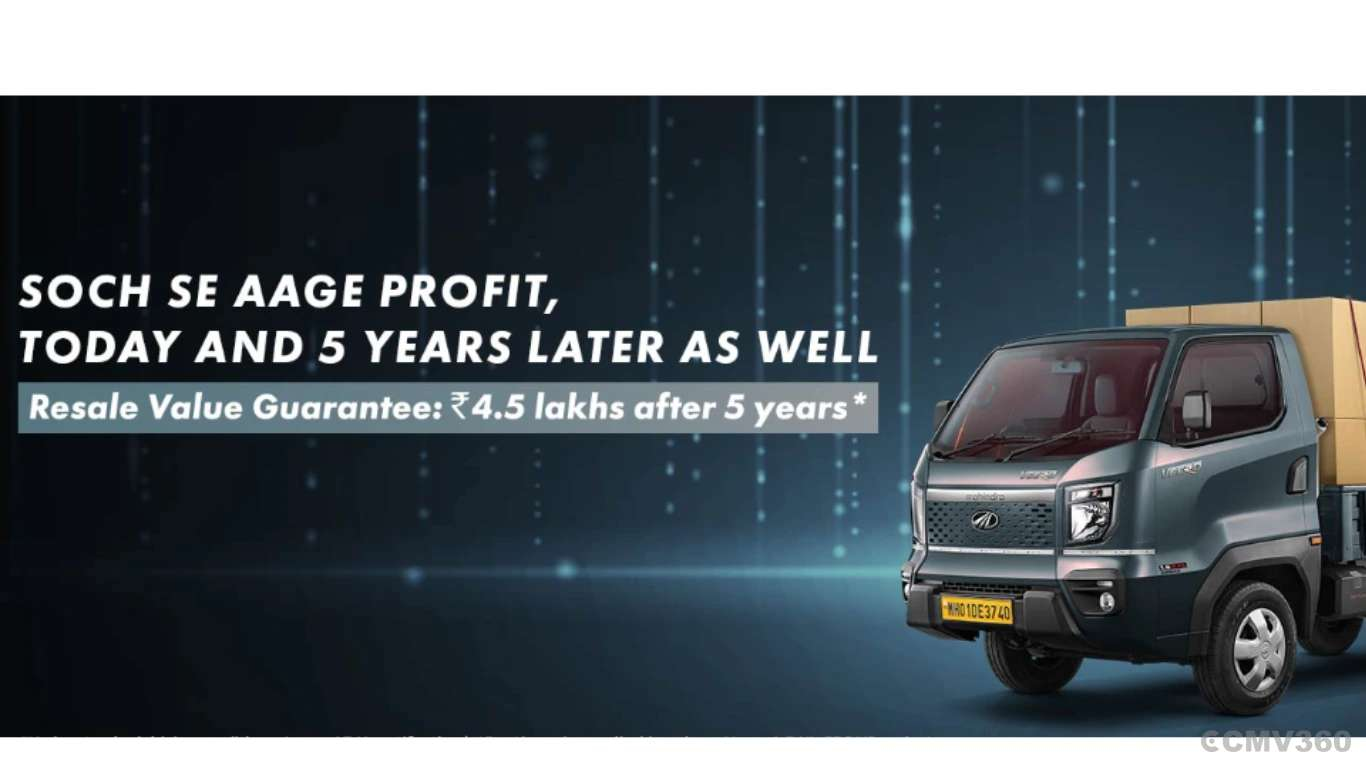Ad
Ad
New Safety Standards for Electric Vehicles Introduced by BIS

Key Highlights:
- BIS introduced new safety standards IS 18590: 2024 and IS 18606: 2024 for EVs in categories L, M, and N.
- The standards focus on the safety and performance of EV powertrains and batteries.
- BIS now has 30 Indian Standards for EVs, including charging systems, promoting sustainable transportation.
The Bureau of Indian Standards (BIS) has unveiled two new standards, IS 18590: 2024 and IS 18606: 2024, to enhance the safety of electric vehicles (EVs). These standards focus on ensuring the safety of EVs in the L, M, and N categories.
Key Highlights of New Standards
- IS 18590: 2024 and IS 18606: 2024 set safety and performance standards for electric vehicle (EV) powertrains and batteries in L, M, and N category vehicles.
- IS 18294: 2023 outlines safety standards for e-rickshaws and e-karts, focusing on their construction and functionality.
Focus on Powertrain and Battery Safety
The new standards emphasize the safety and performance of crucial EV components, particularly the powertrain and batteries. By meeting these stringent requirements, the standards aim to ensure that EVs are both powerful and secure.
Impact on Various EV Categories
Recognizing the growing popularity of e-rickshaws and e-karts, BIS has also issued IS 18294: 2023, which specifies safety norms for these vehicles. This new standard addresses a variety of issues, from construction to functionality, ensuring the safety of both drivers and passengers.
With these developments, BIS now has a total of 30 Indian Standards covering electric vehicles and their accessories, including charging systems. These broad criteria are critical in propelling the country's transportation sector toward a more sustainable, environmentally friendly, and efficient future.
Understanding Vehicle Classifications
Vehicles are classified into categories L, M, and N based on their intended use and technical characteristics. These classifications ensure that different types of vehicles meet the necessary safety and performance standards.
L Category (Two- and Three-Wheeler Vehicles)
- L1: 2-wheeled vehicles with a max speed of 45 km/h and engine capacity up to 50 cc, or electric motors with up to 4 kW power.
- L2: 3-wheeler vehicles with similar speed and power limits as L1.
- L3: 2-wheeled vehicles (e.g., motorcycles) with no speed limit.
- L4: Motorcycles with sidecars.
- L5: 3-wheeled vehicles (e.g., motor tricycles) with no speed limit.
- L6: Light quadricycles with a max speed of 45 km/h.
- L7: Heavy quadricycles with higher power and speed limits than L6.
M Category (Passenger Vehicles)
- M1: Vehicles designed to carry passengers with up to 8 seats in addition to the driver's seat (e.g., cars).
- M2: Vehicles designed to carry more than 8 passengers plus the driver, with a max weight of up to 5 tonnes.
- M3: Vehicles designed to carry more than 8 passengers plus the driver, with a weight over 5 tonnes.
N Category (Goods Vehicles)
- N1: Vehicles for carrying goods with a max weight of up to 3.5 tonnes.
- N2: Vehicles for carrying goods with a weight between 3.5 tonnes and 12 tonnes.
- N3: Vehicles for carrying goods with a weight over 12 tonnes.
Impact on the EV industry
The development of these standards by the BIS is a key step toward improving the safety and quality of electric vehicles in India. These guidelines protect the reliability and security of EVs on Indian roads by establishing high safety requirements for powertrains and batteries.
This program is expected to increase consumer trust in electric vehicles, boosting their adoption across the country. Furthermore, the inclusion of standards for e-rickshaws and e-karts demonstrates BIS' commitment to an all-encompassing approach to electric mobility.
These guidelines ensure that the advantages of electric vehicles extend beyond cars and trucks to other modes of transportation, making electric mobility more accessible and safe for a wider range of people.
Also Read: Tata Motors to Increase Commercial Vehicle Prices by Up to 2% from July
CMV360 Says
The new standards from BIS are an important step for making electric vehicles (EVs) safer and more reliable in India. By focusing on key parts like the powertrain and batteries, and including safety rules for e-rickshaws and e-karts, BIS is helping to ensure a safe shift to electric mobility.
This will likely increase trust and encourage more people to use EVs, leading to a greener and more sustainable future for the country.
News
Continental and BMTC Expand Accessibility Technology for Visually Impaired Passengers
Continental and BMTC are making city buses easier to use for visually impaired passengers with the OnBoard audio system. This shows how simple technology can help people ...
14-Jul-25 07:51 AM
Read Full NewsGovernment to Announce Subsidy Guidelines for Electric Ambulances by Year-End
India to launch subsidy guidelines for electric ambulances by year-end under PM E-Drive, with ₹500 crore support and first models expected by early 2026....
14-Jul-25 07:00 AM
Read Full NewsCMV360 Weekly Wrap-Up | 6th–12th July 2025: EV Makers Warn Against Illegal E-Rickshaws, CV & 3W Sales Rise, Tata Launches ACE Pro, Mahindra Leads Tractor Growth, and Clean Mobility Gains Momentum
EV alerts, rising CV and tractor sales, new launches, and clean mobility drive India’s growth from 6–12 July 2025....
12-Jul-25 04:20 AM
Read Full NewsPM E-DRIVE Scheme: Government Rolls Out Subsidy Plan for Electric Trucks
The government launches PM E-DRIVE guidelines with a ₹500 crore subsidy for electric trucks, linking incentives to vehicle scrappage and setting strict warranty rules....
11-Jul-25 10:02 AM
Read Full NewsOmega Seiki Mobility Expands Globally with New UAE Plant and Upcoming Electric Buses & Trucks
Omega Seiki Mobility to launch new EVs and open a UAE factory by November, with major plans for electric buses, trucks, and global expansion....
11-Jul-25 05:15 AM
Read Full NewsMontra Electric Partners with Green Drive Mobility to Deploy 50 EVIATOR e-SCVs
Montra Electric teams up with Green Drive Mobility to deploy 50 EVIATOR electric vehicles in India, aiming to strengthen sustainable logistics across key delivery segment...
10-Jul-25 11:24 AM
Read Full NewsAd
Ad
Latest Articles

Tata ACE Pro Truck: One Truck, Three Power Options, Endless Possibilities
01-Jul-2025

Which Truck Chassis Suits You Best? Types, Uses, and Choosing Tips
20-Jun-2025

Top 5 Tata Ace Trucks in India in 2025
17-Jun-2025

Mahindra Veero in India: Go "Soch Se Aage" in 2025
16-Jun-2025

Tata 1816 LPT: One of the Best Tata Trucks in India
13-Jun-2025

Top Advanced Truck Features in India: What to Look for Before Buying a Truck in 2025
12-Jun-2025
View All articles





